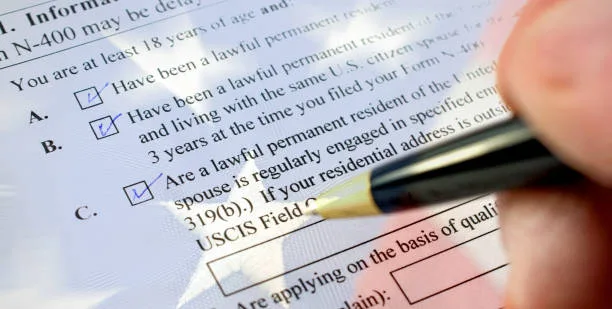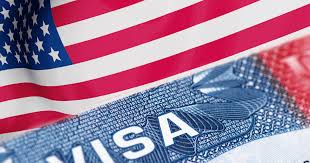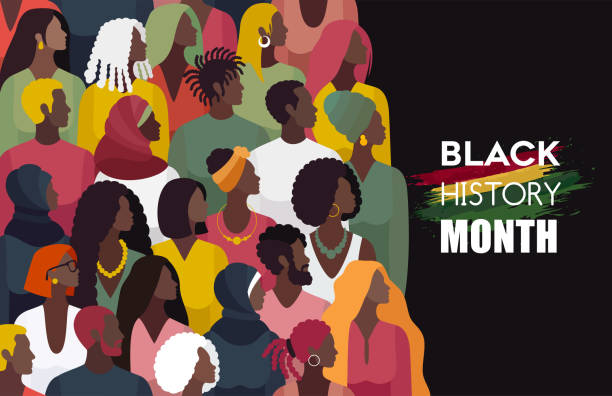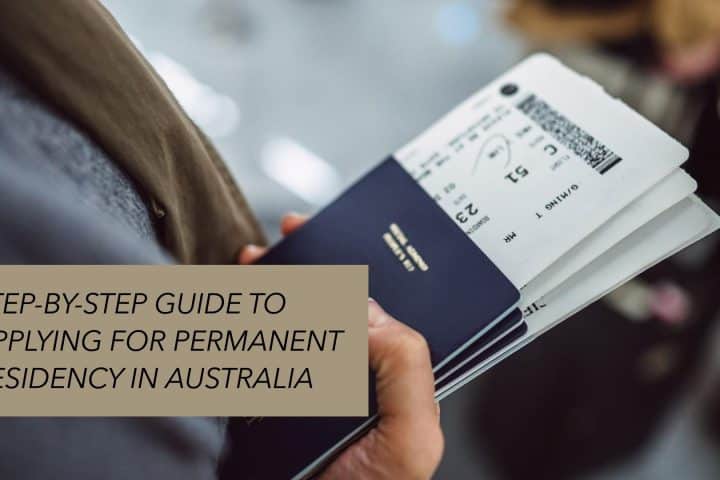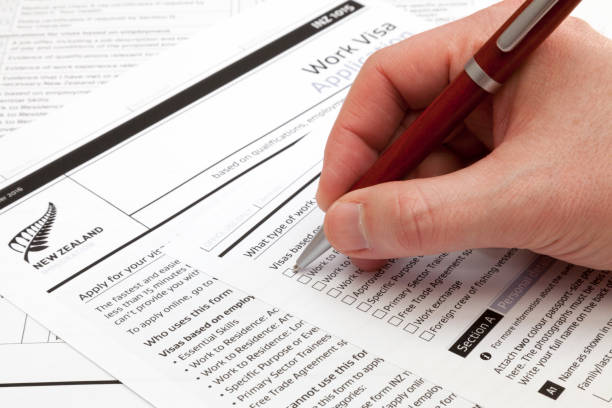If you’ve lived in Canada for the last 1,095 days, then you are eligible to apply for Canadian citizenship. Don’t feel overwhelmed now; 1,095 days is simply three years.
Of course, before doing this, you should have gotten Canadian permanent residency, and oftentimes, the next step is to apply to become a Canadian citizen. Plus, this comes with access to a Canadian passport, which means the freedom to travel to 186 countries without a visa or with a visa on arrival.
Join our WhatsApp ChannelLike every other application, not everybody succeeds. While the rate of rejection of Canadian citizenship is generally low, there are still records of cases where these applications are returned, or worse, rejected.
This is due to some mistakes that most times are avoidable. In this post, we’ll provide you with some common reasons why Canadian citizenship applications are rejected. We’ll also show you how to avoid them to make your application successful.
Reasons Why Canadian Citizenship Applications Are Rejected
Before we proceed, notice how we mentioned above that your Canadian citizenship application can either be ‘returned’ or ‘rejected.’
Well, these are two different scenarios caused by different reasons and require different solutions.
If your application is returned, then it is mostly because it’s incomplete (the reasons are usually stated in a letter along with a checklist of what’s missing).
When this is the case, you must update the missing documents, include the letter and checklist that you received, and resubmit within 90 days.
On the other hand, when your application is rejected, it means it was denied. Here are some common reasons for that:
1. Incomplete or Incorrect Application
In some cases, an incomplete or incorrect application could lead to rejection. For example, errors in completing forms or failing to include the required documents could lead to rejection.
This could be a case of forgetting to upload your proof of education or submitting incomplete work history charts. Basically, when it comes to your Canadian citizenship application, nothing should be left to chance.
Carefully dot all the I’s and cross the T’s.
2. Failure to Meet Residency Requirements
The residency requirement is a top eligibility criterion. You must have lived in Canada for at least 1,095 days (three years) within the five years before applying.
What this means is that there should not be a record of you leaving Canada or relocating around that period.
Any miscalculation or failure to provide proof of residency can cause rejection.
3. Language Proficiency Issues
It is also important to be proficient in either of the major languages spoken in Canada, whether English or French.
Typically you’ll be mandated to provide proof of your language proficiency, which could be an IELTS for English proficiency or TEF for French.
But, regardless of this, you’ll especially need to showcase your language proficiency during the interview stage. You must be able to converse freely in either of the official languages without needing an interpreter.
If you fail either, then that’s an instant rejection.
READ ALSO: Step-by-Step Guide To Applying For Permanent Residency In Australia
4. Misrepresentation
Providing false information either intentionally or otherwise is not only a way to shoot yourself in the leg during your Canadian citizenship application but also a serious offence.
This could be as minute as using a friend’s address for faster processing.
Some people do this because the processing time varies and could be faster based on location.
However, if you’re caught, you could not only receive a rejection but even be arrested or lose your permanent residency.
5. Legal Issues or Prohibitions
If you encountered any legal trouble during your stay in Canada, then you want to ensure that you thoroughly clear that within a reasonable amount of time before your application.
If you’re under investigation for a crime or have an indictable offence on record, you become ineligible for citizenship.
Also, arrests made shortly before taking the citizenship oath can derail the entire process.
6. Failure to Submit Necessary Documents
Not providing a valid passport copy, identity documents, or other required evidence can lead to rejection.
For example, failing to upload all necessary passport pages or excluding WES (World Education Services) reports when required can result in an incomplete application and a rejection.
7. Failure to Comply with Requests
When applying for Canadian citizenship, the citizenship officers often request additional information or schedule interviews and tests.
If you miss these deadlines or fail to show up for scheduled appointments without proper communication, then your application could be ‘abandoned.’
8. Deportation or Removal Orders
If you are subject to deportation orders or have attempted to re-enter Canada after being removed, then the journey to citizenship might not quite be a feasible one for you.
9. Unmet Physical Presence Requirement
Your records must align with the actual time that you have spent in Canada.
It is advisable to stay longer than the expected time to avoid any miscalculation error. Ensure to stay free from discrepancies as much as possible, as any slight error could raise a red flag and hinder your Canadian citizenship application.
10. Omissions in Work or Travel History
The Immigration, Refugees, and Citizenship Canada (IRCC) takes seriously any incomplete information in your application.
If you leave gaps in your work or travel history wither a suitable explanation, this could raise an eyebrow and hinder application.
How to Avoid Rejection During Your Canadian Citizenship Applications
Now that you are aware of the common reasons why your Canadian citizenship applications might be, it’s important to know how to avoid them.
Here’s how:
1. Complete the Application Correctly
The general rule of thumb remains to triple-check rather than stay in doubt.
Cross-check your dates, addresses, and document uploads. You can use the IRCC’s checklist as a guide to help you gather all the documents that will be needed for the application.
2. Meet Residency Requirements
The IRCC residency calendar can also be used to confirm that you’ve lived in Canada for the required period.
Keep detailed records of your travel dates and maintain supporting documents, such as tax returns or lease agreements.
3. Demonstrate Language Proficiency
Ensure that you submit proof of language ability, such as test results from the approved organisations mentioned above.
Also, prepare for the interview to confidently answer questions in English or French.
4. Be Honest and Transparent
Avoid misrepresentation, even if you believe the omitted details are irrelevant. It’s better to provide complete information with explanations than risk rejection for dishonesty.
5. Respond to IRCC Requests Promptly
Don’t delay responding to IRCC requests.
If additional information is requested, respond within the given timeframe. Missing deadlines or providing insufficient responses can result in delays or rejection.
6. Seek Professional Guidance
You do not have to figure everything out alone.
Seek the help of an immigration lawyer to help you out and guide you through the entire process.
Their expertise will go a long way in helping you to prevent errors and improve your chances of success.
What to Do if Your Canadian Citizenship Application Is Rejected
But what if you still end up getting rejected? What next?
Well, a rejection is not a death sentence, and sometimes it can be a great guide to help you know what you are missing and do better next time.
Here’s what you can do if your Canadian citizenship application is rejected:
1. Understand the Reason
Usually, a reason is provided to explain why your application was rejected.
Carefully review these reasons and take note of the specific issue. Sometimes, the problem might be minor, such as an overlooked document, while other times, it may be more complex, like a misrepresentation.
2. Reapply After Addressing Issues
Once you’ve resolved the reason for rejection, you can reapply.
For instance, if your application was returned due to missing documents, ensure these are included when resubmitting.
3. File an Appeal (If Applicable)
In cases where you believe the rejection was unfair, you may be able to appeal.
This often involves seeking judicial review through the Federal Court of Canada, which requires legal expertise.
4. Seek Professional Assistance
You can also seek help to deal with your rejection.
For example, an immigration lawyer will help you to avoid making any more mistakes on your next application.
They can also help you understand the rejection’s implications and ensure your next application is stronger and able to fly.
5. Be Patient
Citizenship applications take time, especially after a rejection. So be patient.
Use the waiting period to ensure all your documents and requirements are in order.
Final Tips
Armed with all of this information, you are ready to begin your Canadian citizenship application without getting rejected.
Here are some final tips to guide you:
- Stay informed by familiarising yourself with IRCC’s guidelines and updates on the citizenship application process. Their rules and requirements can change, so it’s important to be as up-to-date as possible.
- Keep an organised record of your residency, travel, and communication with IRCC. This can serve as crucial evidence if questions arise.
- Prepare for interviews and tests. These are very important factors that could make or mar your interview.
- Plan ahead by meeting requirements like physical presence, language proficiency, and legal obligations.
- Seek help from experts to clarify doubts, address concerns, and prevent costly mistakes.
Elsie Udoh is an SEO content writer who specialises in writing engaging stories that resonates with diverse audiences. She studied mass communication at the Lagos State University.

